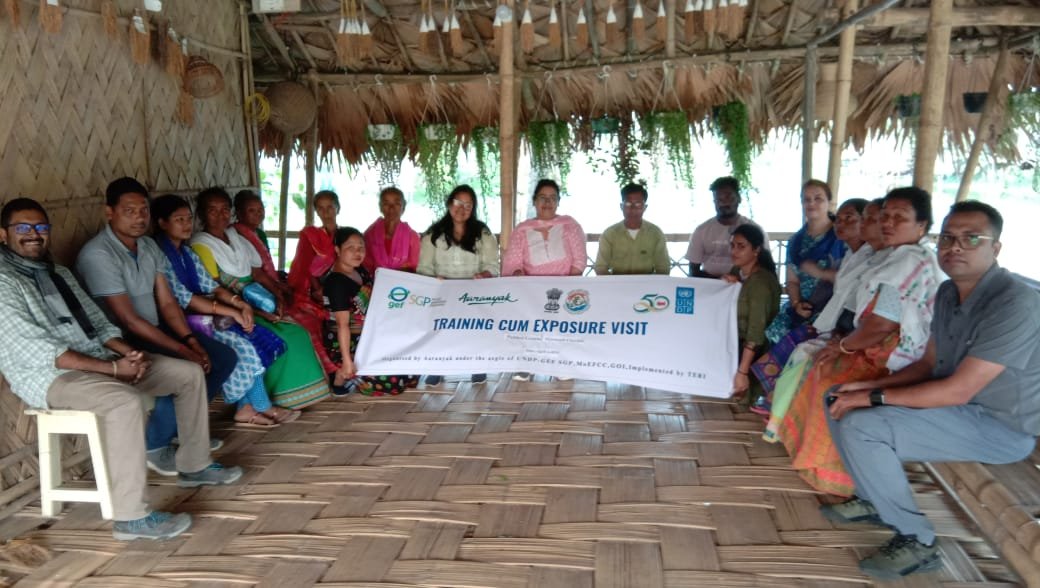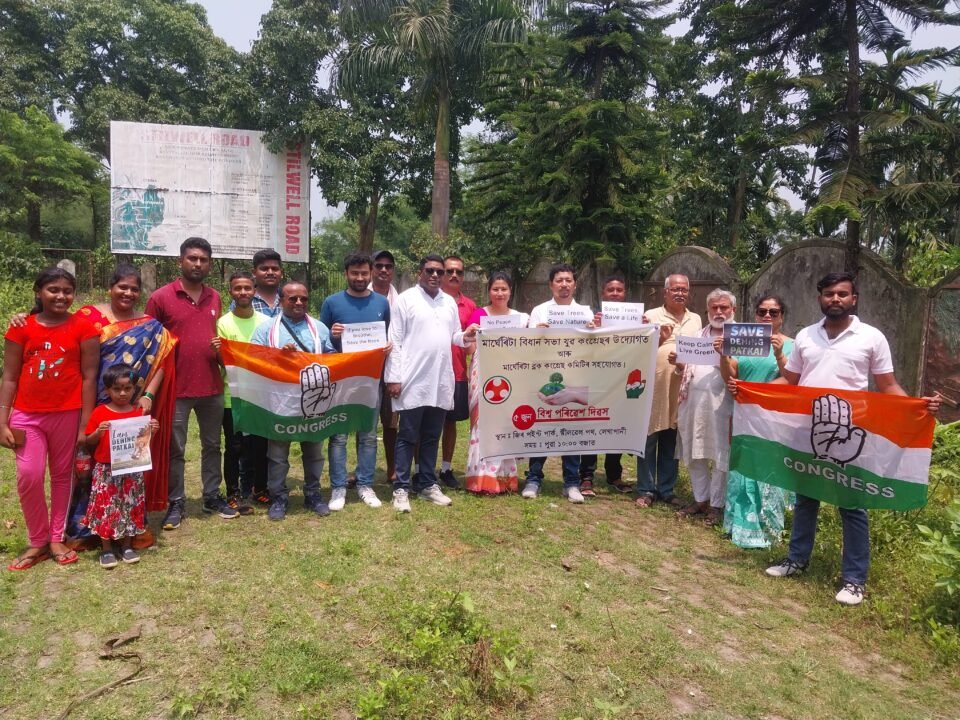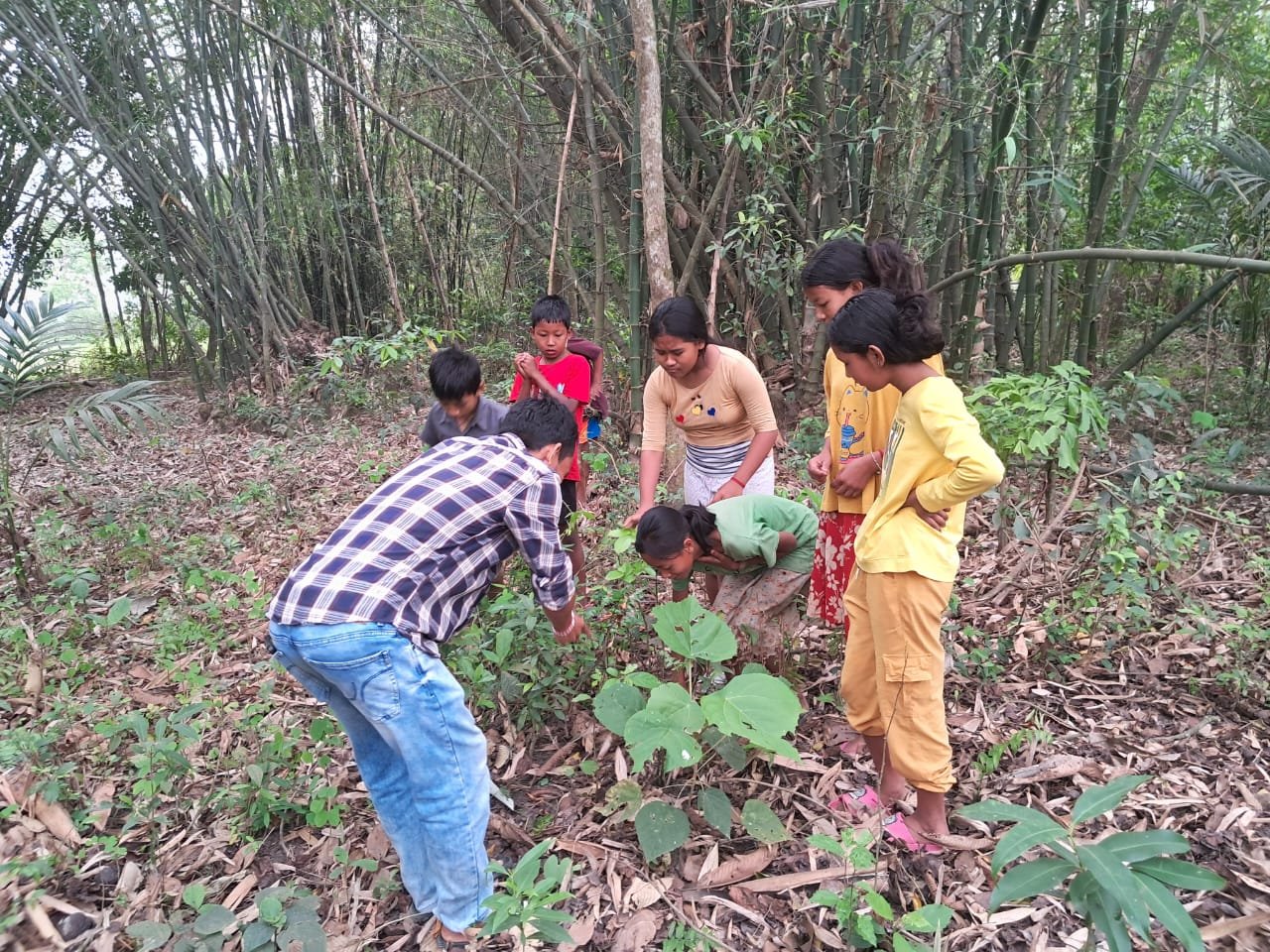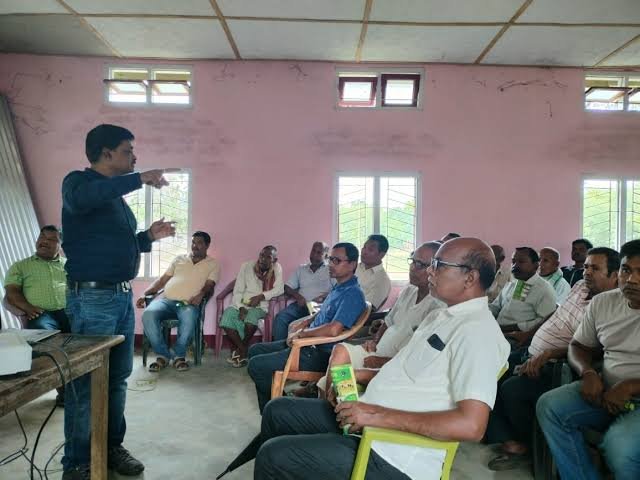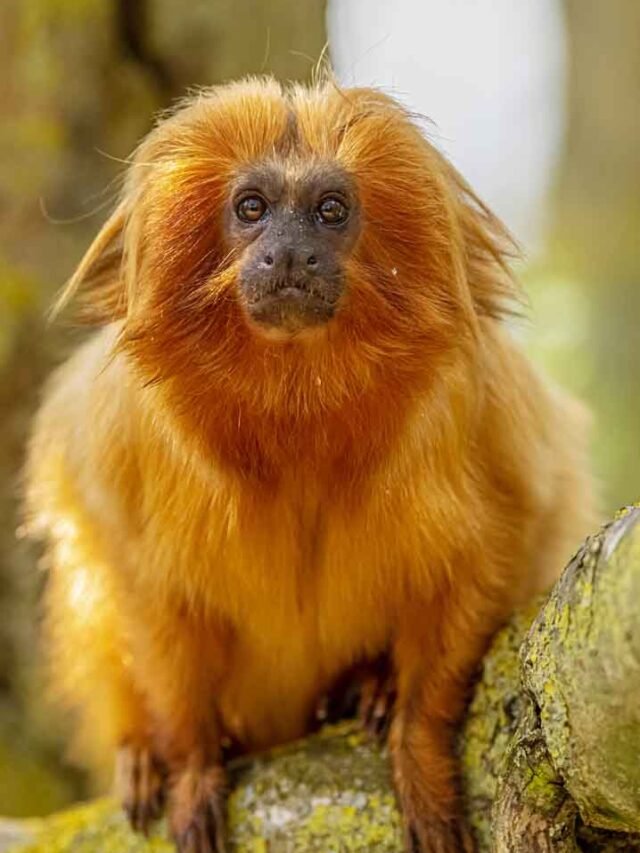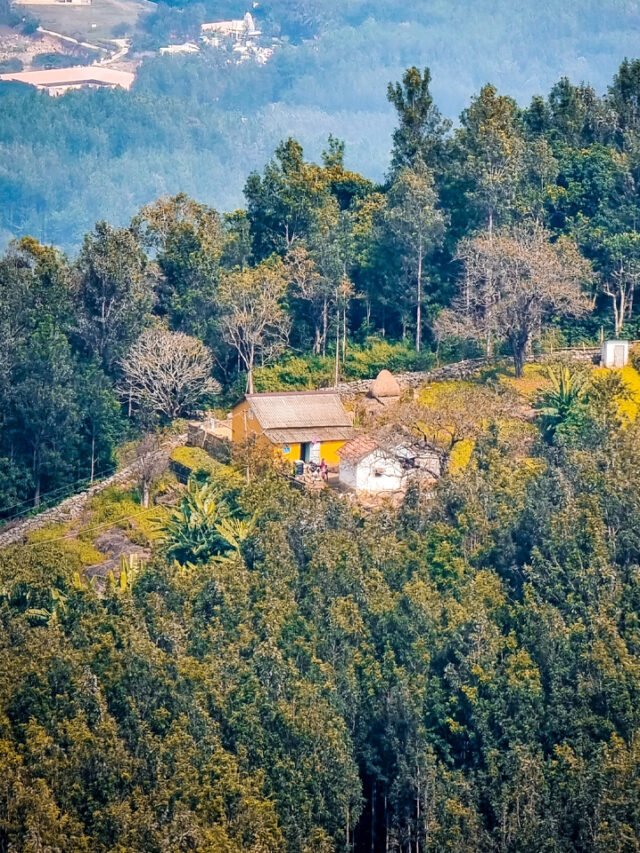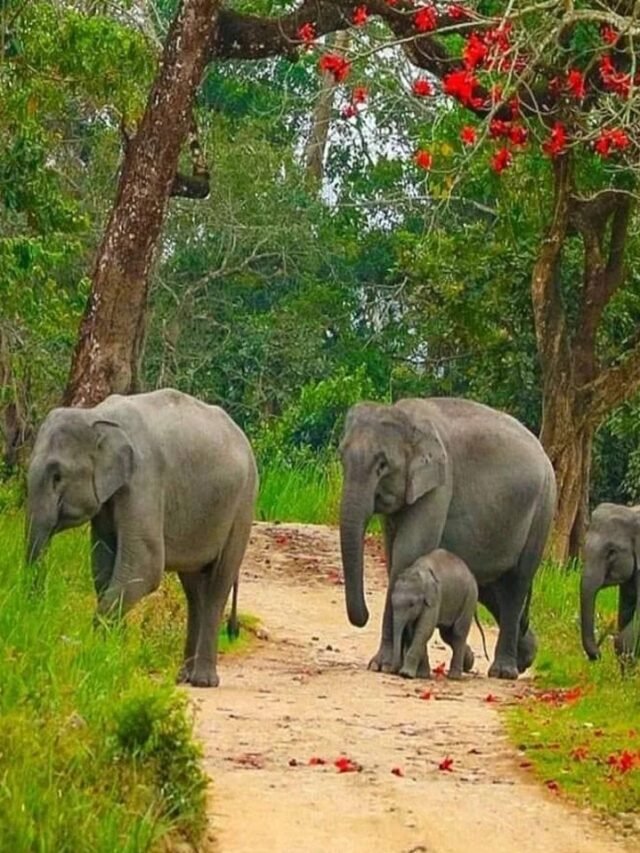HT Bureau
GUWAHATI, April 8: Aaranyak, one of the region’s foremost research-driven biodiversity conservation organisations, facilitated a training-cum-exposure visit for the women affected by human-elephant conflict (HEC) from Badlapara village in Udalguri district to Pabhoi Greens in Biswanath Chariali.
The initiative aims to deepen the understanding of establishing and managing a homestead garden and nursery among the women.
In fact, women who had never before had the opportunity to leave their villages were encouraged to step out of their village homes for the first time. On March 4, the women had the opportunity to interact with Neelam Dutta, the entrepreneur of Pabhoi Greens and the recipient of the Assam Gaurav Award in 2023, who serves as an excellent example of entrepreneurship in this field.
Homestead gardens are effective means for conserving forest and biodiversity, making significant contributions to increasing forest cover, reducing forest dependency, and sustaining livelihoods.
This initiative was part of Aaranyak’s ongoing project ‘Community-based Integrated Approach to Facilitate Human-Elephant Coexistence and Biodiversity Conservation’ in Udalguri district, under the auspices of the UNDP-GEF Small Grant Programme and the Ministry of Environment, Forest, and Climate Change (MoEFCC), Government of India, implemented by TERI.
The HEC-affected women were delighted to see hundreds of varieties of tomatoes, capsicum, chillies, eggplants, lettuces, herbs, among other vegetables. They were introduced to concepts that were new to them, such as zero tillage farming, paddy cum fish cultivation, tissue culture, seed conservation methods, and biopesticides based on panchagavya, jivamrit, cow urine, and neem.
They were exposed to the entire process, from field to collection, preservation, and packaging of seeds. Land preparation to post-harvest management for selected crops in their homestead gardens was also part of the training. Apart from farming practices, they were also exposed to fisheries farming, paddy cultivation, paddy cum fish cultivation, and vermicompost preparation. The participants were spellbound by the beauty and potential of the farm.
“After visiting here, I am motivated to do something of this kind on my own, and I am certain I will do it,” said Magrita Mochahary, a participant in the exposure trip.
This exposure visit provided the farmers with proven farming techniques, and they could see practical examples of sustainable practices that they can integrate into their farming systems.
The program was led, managed, and coordinated by senior Aaranyak official Jayanta Kumar Pathak. Other Aaranyak officials, Bobby Nath, Arup Kumar Das, Dr Banasree Sharma, Rabiya Daimary, Bikas Tossa, and Haben Mochahary, also attended the program.


